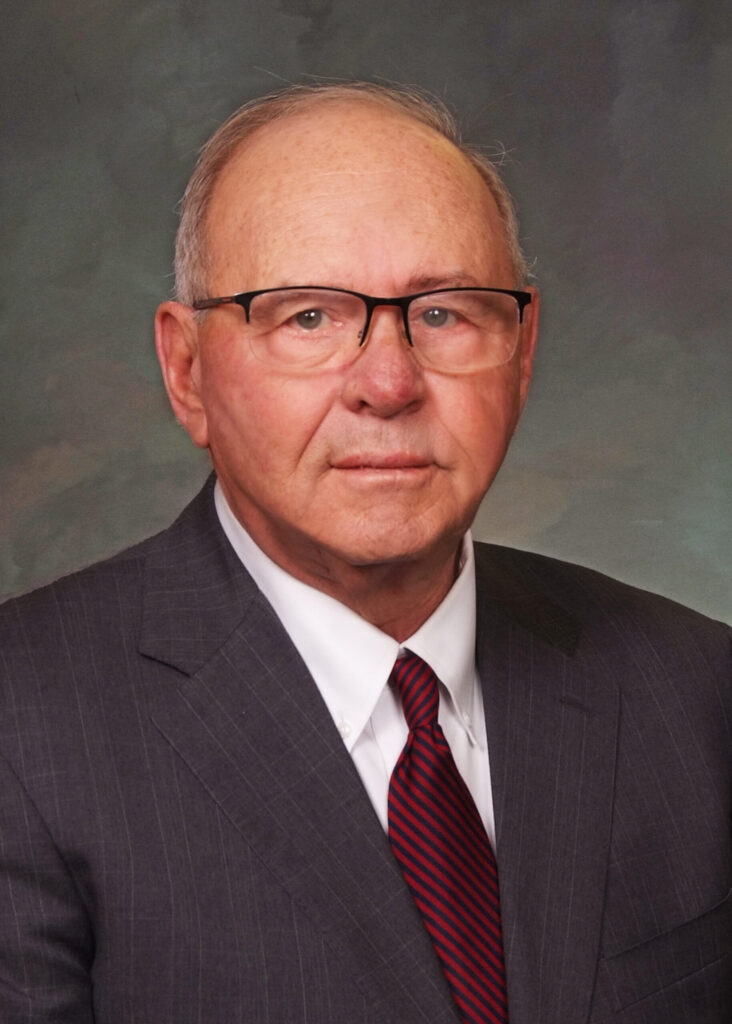No such thing as ‘free’ school lunch | DUFFY
There is no such thing as a free lunch.
The fiscal implosion of the state’s poorly planned and strategically flawed “Healthy School Meals for All” program underscores the pitfalls of expansive government initiatives that are more about talking points and less about rigorous planning and sustainability.
Implemented in August 2023, the program provides free breakfast and lunch to all public-school students, regardless of income. This latter point, of course, is the head-scratching mistake that has sent budget-writers at the State Capitol raiding piggy banks to patch up the program — including taking dollars that should be going to classroom instruction.
Stay up to speed: Sign up for daily opinion in your inbox Monday-Friday
The program was approved by voters through Proposition FF, a tax increase that capped charitable deductions for households earning more than $300,000 annually. Several factors have contributed to the ink on the program’s balance sheet as red as cafeteria ketchup, most notably outlandishly flawed estimates of program cost and usage.
According to media analysis, the current price tag is $166 million, missing the $115 million estimate by a whopping 50%.
Worse, they believed only 60,000 kids would use the program, which is about half of what national hunger advocates say is the average number of hungry children in Colorado.
In fact, 184,000 kids eat breakfast and 430,000 eat lunch. That’s an error by a factor of 3 for breakfast and 7 for lunch.
So, were advocates simply incompetent in constructing these projections or did they deliberately low-ball the numbers to sell voters on the program — assuming lawmakers would have to backfill the shortfall?
First, providing this service to every Colorado student, regardless of income or whether they truly lack equate food at home, is not how the program was rhetorically sold to voters. Children who come to school hungry, and who don’t or can’t get adequate meals at home deserve real help, not a massive, wasteful government overreach.
There are no exact numbers of hungry kids — which may be a concern in itself — but the organization Feeding America reports, on average, about 14% of students have some degree of “food insecurity.” In Colorado, that amounts to about 123,000 kids.
Which means the cafeteria socialists are on the hook to provide tax-funded meals to the 750,000 kids who don’t fall in this category. That’s a lot of tater tots.
The indiscriminate, unfocused and unaccountable structure of the program combined with deeply flawed projections, unfortunately puts the spotlight on the incompetence of its advocates rather than on the problem of childhood hunger it’s designed to address.
So now there’s a Capitol food fight regarding how, and whether, to salvage a program that may in fact have value to help struggling children.
Sadly, the architects of this mystery meat of a program — who somehow still have jobs — seem arrogantly unaware they owe voters and taxpayers an apology. Instead of a top-to-bottom evaluation of the program to suggest common-sense restructuring to right-size the program within available revenues, they are coming for more of your money.
First, they will ask to keep “excess” tax dollars the program received over its TABOR limit. Even if they could have done so to date, this revenue wouldn’t fill the program’s structural deficit because it has an ongoing cost problem, not a revenue problem.
Secondly, they want to further tax higher-income Coloradans by basically eliminating the deductibility of charitable contributions for earners over $300,000. This is particularly bone-headed because these are the very people who would have the resources to contribute to nonprofits to fight hunger (such as food banks) that are far more efficient, effective and accountable than the “y’all come eat” Lenin Lunch Lines.
This is a losing recipe with Colorado voters who — across the political spectrum — have shown little appetite for fiscal irresponsibility.
A mature response would be to admit the program was naively designed and needs a reset. Get it strategically focused, transparent and accountable. Show how School Meals 2.0 will be targeted to fix the problem that needs fixing.
There is a chance Colorado voters might reward humility. They won’t support doubling down on dumb.
Sean Duffy is a former deputy chief of staff to Gov. Bill Owens and Colorado-based strategic communications consultant. He now serves as vice president at a philanthropic foundation. The views expressed here are his own.











